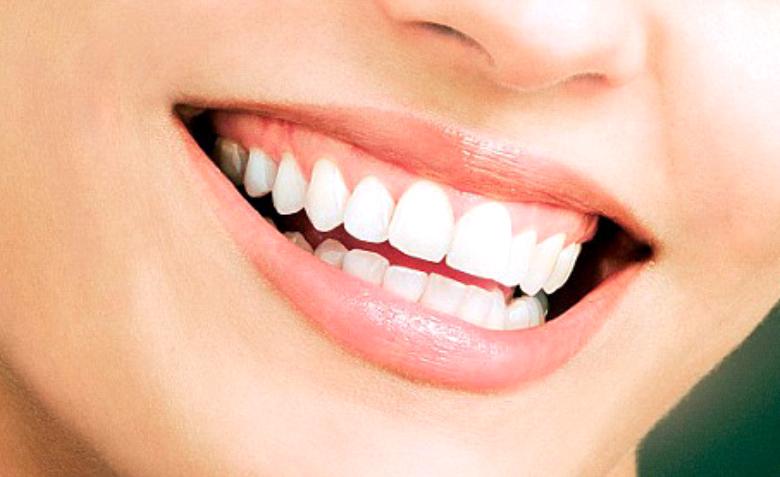Soda’s quite the popular beverage, one that comes with some health risks, including cavities and other harm to your teeth. Regardless of whether you prefer regular or diet soda, you should understand the risks it poses to your dental health. This post covers how soda contributes to cavities, highlights advanced dental technologies that address the damage, and offers tips for maintaining strong teeth after high tech dentistry treatments.
How Soda Affects Your Teeth
Have you ever wondered why soda is so damaging to your teeth? In short, it’s because every sip you take causes a chemical reaction in your mouth. The sugars in the soda mix with the bacteria naturally in your mouth, creating acid that weakens your tooth enamel. Even sugar-free sodas, despite lacking sugar, aren’t safe—they contain acids like phosphoric and citric acid, which can also erode enamel.
The key factor here is acidity. Enamel begins to dissolve when exposed to a pH below 5.5, and most sodas have a pH far lower than this, some dipping as low as 2.5—comparable to vinegar. Exposure like this erodes the enamel, leading to cavities and heightened tooth sensitivity.
Why Soda Consumption Is a Growing Concern
Soda consumption has become a widespread habit, particularly among teenagers and young adults. Studies reveal that teenage boys consume an average of 273 calories from sugary drinks daily. A lot of adults are also at risk, usually because they don’t consider the long-term consequences.
When you sip soda throughout the day, your teeth face a prolonged acid assault. Each sip restarts the cycle, leaving your enamel under constant attack. Over time, this can lead to severe tooth damage, especially when combined with factors like poor oral hygiene or infrequent dental visits. If it goes on for too long, it can cause the need for restorative treatments like fillings, crowns, or root canals.
Managing Soda-Related Damage with High Tech Dentistry
Fortunately, many soda-related issues can be managed effectively with modern dental technology. Advanced tools and treatments offer innovative solutions to repair and prevent enamel loss:
- Digital Imaging: State-of-the-art imaging techniques help dentists detect the earliest signs of enamel erosion and cavities, so they can be addressed earlier.
- Fluoride Treatments: High-concentration fluoride varnishes and gels can rebuild enamel and reverse the initial stages of decay.
- Laser Dentistry: Lasers allow for precise, minimally invasive cavity treatments, preserving more of the healthy tooth structure and shortening recovery times.
Of course, regular dental check-ups are imperative. This way, you work with your dentist to develop a treatment plan tailored to your unique case.
Preventive Measures to Protect Your Teeth
One of the simplest ways to protect your oral health is to just stop drinking soda. But if you can’t give it up entirely, these tips can help:
- Limit Consumption: Keep soda as an occasional treat rather than a daily habit. Replace it with water or milk, which support overall health and strengthen teeth.
- Use a Straw: Drinking soda through a straw reduces contact with your teeth, minimizing its adverse effects.
- Rinse with Water: Follow up soda consumption with water to wash away acids and sugars, protecting your enamel.
- Wait Before Brushing: Don’t brush right after drinking soda. Waiting 30 minutes allows your enamel to re-harden, so there’s less risk of further damage.
You can also try switching to lower-acidity drinks. Even small changes in your routine can have a huge impact on your teeth in the long-term.
The Importance of Post-Treatment Care
If you’ve undergone dental surgeries to address soda-related damage, after surgery care is a big help in maintaining your results. Here’s how to support your recovery:
- Gentle Brushing: Use a soft-bristled toothbrush to clean your teeth without irritating treated areas.
- Avoid Soda Temporarily: Refrain from consuming soda while your dental work heals to avoid complications.
- Follow-Up Visits: Regular check-ups help monitor the success of your treatment and catch potential issues early.
Taking these steps protects your dental work and keeps your smile healthier overall.
Other Oral Health Risks of Soda
Soda causes more harm than just cavities. Other risks include:
- Tooth Sensitivity: Enamel erosion exposes the dentin beneath, making teeth more sensitive to hot, cold, and sweet foods.
- Staining: The pigments in dark sodas can stain teeth, leading to discoloration that often requires professional whitening to correct.
- Bacterial Growth: Sugary sodas fuel bacteria in the mouth, increasing the risk of gum disease and other oral health issues.
By reducing soda intake, you can significantly improve your overall oral health and decrease the likelihood of these problems.
Modern Dentistry as a Preventive Partner
High tech dentistry makes it easier than ever to address and prevent soda-related damage. Tools like digital imaging and minimally invasive treatments empower patients to maintain healthier teeth. Dentists now focus on early intervention, allowing them to stop damage before it gets out of hand.
By combining regular dental visits with better dietary choices, you can significantly reduce the impact of soda on your oral health. This way, you keep your smile strong and healthy.
Make Smarter Choices for a Healthier Smile
Soda undeniably contributes to cavities and other oral health issues, but there are many high tech dentistry solutions to counter these effects. By reducing your soda intake, practicing good oral hygiene, and leveraging advanced dental technologies, you can protect your smile for years to come.
Take control of your dental health today. Schedule a visit to your dentist and explore the benefits of high tech dentistry to keep your teeth strong and vibrant. A healthy smile is just a few smart choices away.
Resources:
https://msdh.ms.gov/page/43,2809,151,816.html
https://www.aquafresh.com/oral-hygiene/healthy-living/which-drinks-can-cause-cavities.html
https://www.healthline.com/health/dental-oral-health/what-does-soda-do-to-your-teeth


